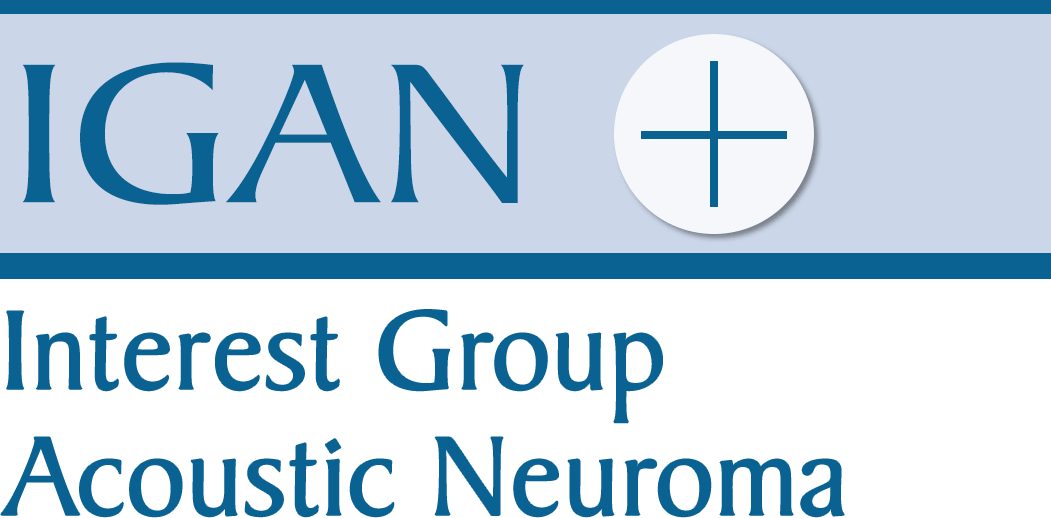Rehabilitation: The period after an acoustic neuroma operation
When is rehabilitation after an acoustic neuroma treatment sensible?
After an acoustic neuroma operation it is appropriate to have a period of and to use this in a targeted and intensive manner to recover from the pressures of the operation. According to the procedure and result of the operation, this can lead to temporary impairments of nerves and to balance problems, which can be reduced or eliminated through a set of measures. Whether an organised rehabilitation programmes is useful or even necessary, depends on how bad the impairments caused by the acoustic neuroma were before the operation. However, the personal environment that the patient has waiting for them at home after the operation also plays a role. Singles living alone or housewives with a family, who have to immediately shoulder all the everyday duties again, are well advised to line up an in-patient course immediately during their hospitalisation.
Is there a specific acoustic neuroma rehabilitation?
There is no specific acoustic neuroma rehabilitation with a kind of standardised programme. The reasons are the completely different focus points which have to be put in place for an acoustic neuroma postoperative patient, according to how the pressure before the operation was, the operating procedure and operation result, and which post-operative consequences may have arisen. Therefore, along with measures to build general strength, for secure movement and to improve general wellbeing, other specific measures are useful and necessary, such as balance training or logopedic exercises.
The operating doctor should be active in giving advice on this – if not, you should ask them what they recommend. After radiation therapy no rehabilitation is necessary.
What possibilities of rehabilitation are there?
Rehabilitation post acoustic neuroma operation can take place in your own home as a do it yourself, as an outpatient or in-patient.
With your own home, the idea is that the postoperative acoustic neuroma patient follows a programme alone at home, that they carry out themselves and that is recommended or prepared by an experienced person affected or a physiotherapist.
An outpatient rehabilitation course comprises a treatment programme in a rehabilitation facility near the patient's home so they can stay overnight at home. For this it is necessary to get time off work.
An in-patient course also requires time off work. For this the acoustic neuroma operated patient spends a few weeks in a health clinic. If an in-patient health clinic is immediately after the clinic stay (or a few days later), this is referred to as a follow-up treatment.
If the treatment begins several weeks or months after the operation, this is then called a rehabilitation programme.
How can you find a good rehabilitation clinic?
You should consider the rehabilitation options after an acoustic neuroma operation during the operation preparation. This involves obtaining information from the competent pension insurance institute or the competent health insurance fund about the application procedure as well as the selection of suitable health facilities.
Pension insurance is responsible for rehab programmes for the labour force. For rehabilitation of pensioners and a few other groups of people the relevant health insurance fund is responsible. It is best to obtain the exact list of the mandatory insurance conditions and the groups of people from the pension insurance brochures.
The rehab clinic for treatment after an acoustic neuroma operation should include the subject areas of orthopaedics and neurology in its performance profile, and perhaps even a special note on follow-up treatment.
Nowadays it is the norm that clinics send out prospects on their facilities and services free of charge, with requests over the phone or in writing. When requesting prospect material, you should also ask specifically whether the clinic has experience with acoustic neuroma post-operative patients and if necessary ask questions specific to your individual case, such as whether they have experience with facial paralysis.
